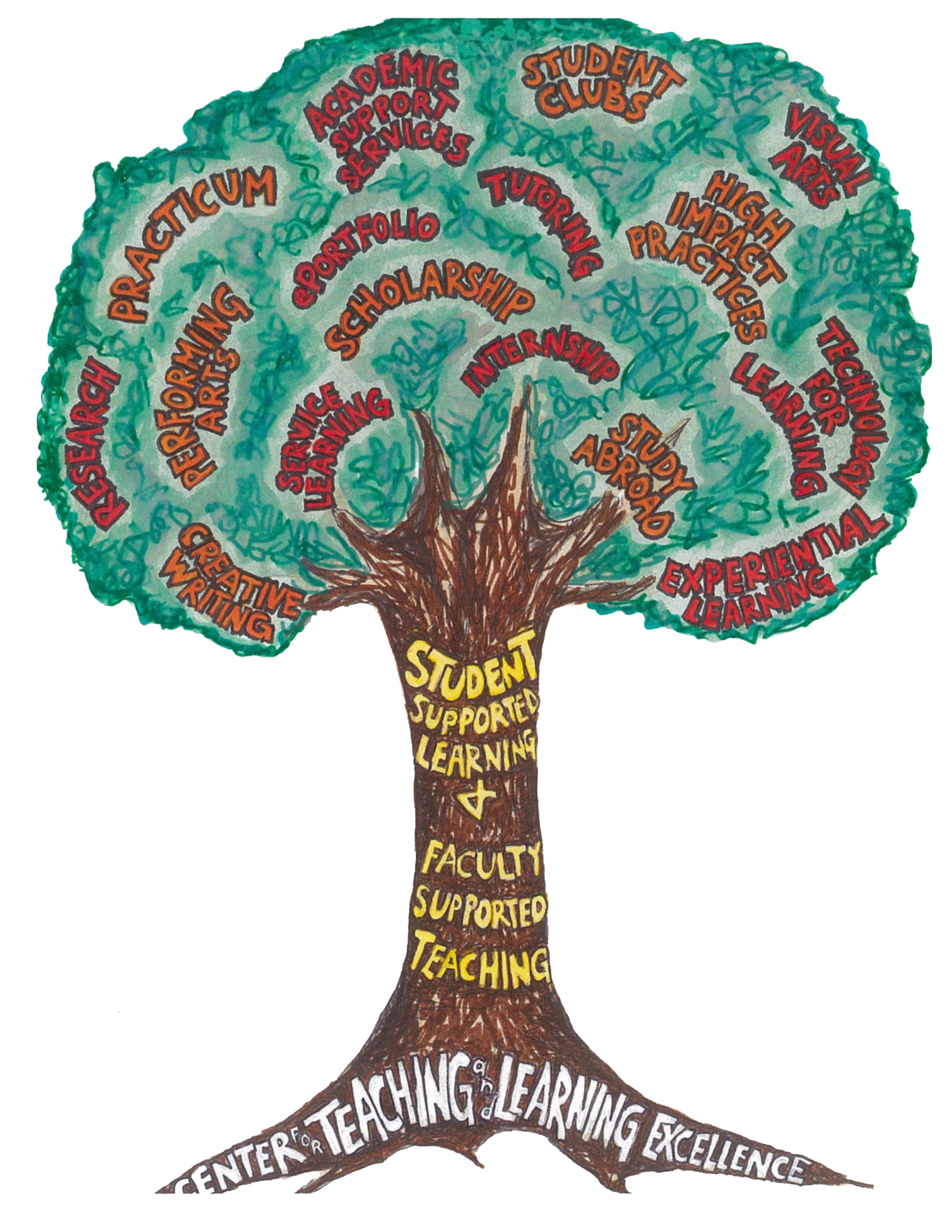Experiential Learning
Experiential Learning Day (ELD)
Albertus Magnus College celebrated its 9th Annual Experiential Learning Day on March 27, 2019. Here are some highlights from the event from Alex Mitchell, an Albertus Magnus Communications major.
Experiential Learning Day (ELD) - March 25, 2020
Experiential Learning is Learning Through the Experience of " Doing "
The first Experiential Learning Day (ELD) was held in 2011. It grew out of two traditions, the annual internship awards ceremony run by the Office of Experiential Learning, and the annual research poster session, founded by Drs. Hilda Speicher and Patricia Compagnone-Post. Students in the Traditional Day program are released from classes from 9 to 3 so that they may attend the ELD conference. Students present their experiential learning in the form of talks, posters and visual and performing arts.
Experiential learning is learning through the experience of “doing,” for example hands on applications and problem solving, inside and outside the classroom, and then reflection on that experience to connect it to their academics, their understanding of the world and other people, and to their own self-development. Experiential learning is considered a High Impact Practice (HIP), which means it is an evidenced-based pedagogical approach to teaching and learning that results in greater engagement by students and deeper learning. These improve student success in terms of improved retention, graduation rates, and achieving post-graduation goals for further education and career development.
Experiential learning includes internship, community engagement or service-learning which is service connected with academics including research and reflection on the experience, study abroad, and research or scholarship in all fields of study. Research can involve many different kinds of activities designed to search for truth in all its dimensions, including library research, designing, conducting and interpreting results of empirical studies, development of creative works in the written, performing and visual arts, and personal and philosophical reflection. Research experiences arise out of class projects, research internships on and off campus, independent scholarship projects, capstone or thesis work, and working collaboratively as a volunteer on a faculty member’s research project. ELD presentations include all these many forms of experiential learning.
You may contact Dr. Hilda Speicher for additional information at hspeicher@albertus.edu or stop by her office at AH210.

